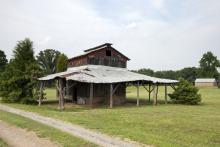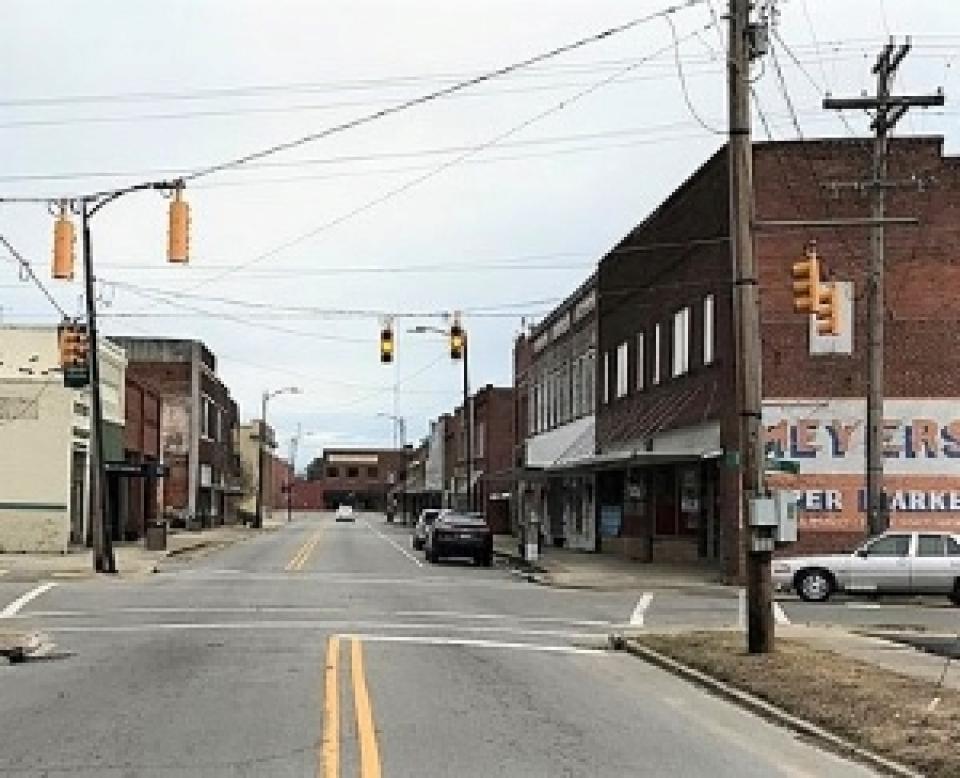
Fast, affordable Internet access for all.

“While most of us take a high-speed Internet connection for granted, many living in rural areas feel disconnected,” states North Carolina television station WRAL’s new documentary, “Disconnected,” which first aired on March 19.
The documentary features local officials, healthcare professionals, small business owners, and families from across the state discussing the importance of high-quality broadband access and the struggle to connect rural areas. Though “Disconnected” was recorded before the Covid-19 outbreak forced schools and businesses to close nationally, the ongoing crisis further emphasizes the necessity of getting all North Carolinians connected to affordable, reliable Internet access.
“Disconnected” was created with help from the Institute for Local Self-Reliance, the North Carolina League of Municipalities, and Google Fiber. Watch the documentary below or on the WRAL website.
A Tale of Two Cities
To illustrate the importance of connectivity for everything from education to healthcare, “Disconnected” takes viewers to two small North Carolina towns — one with high-speed Internet access and one without.

In Enfield, home to 2,300 people, businesses and residents alike struggle to get connected, and town officials face difficulties attracting new employers to the area. Enfield Middle S.T.E.A.M. Academy reports that about 60 percent of students don’t have Internet access at home. WRAL interviews one student’s family, which only has unreliable satellite connectivity. “It’s a lot of running around,” says Lashawnda Silver, the student’s mother. “If I don’t provide it for her, she’s going to lose out.”
Similarly, an Enfield health clinic says that most patients aren’t able to connect at home and even 40 percent of staff lack home broadband access. “It’s a barrier for their healthcare,” explains Mary Downey, Family Nurse Practitioner.
The city of Wilson is less than an hour south of Enfield, but it’s a world apart in terms of connectivity. Wilson's 49,000 residents have access to gigabit speeds over the city's reliable fiber network, Greenlight. We’ve shared the story of how Wilson built its own network and is now reaping the benefits to the local economy and citizens’ quality of life. “Disconnected” explores some of these benefits, spotlighting the city’s emergency room, which can now provide telestroke services, and a local business that can connect globally because of the network.
“Whatever It Takes”
Unfortunately, state law prevents other North Carolina communities from investing in better connectivity, as Wilson has. This restriction, supported by large telecom monopolies, keeps towns like Enfield locked out of the modern economy, unable to benefit from the health and education benefits of high-speed broadband.
“You have to completely enable the local folks to find their own solutions,” broadband consultant Doug Dawson told WRAL. “That will eventually fix it.”
North Carolina Representative Josh Dobson, who sponsored legislation to permit localities to partner with private broadband providers to offer access, agrees that cities and counties need greater authority to solve the connectivity gap. “It needs to be all hands on deck, whatever it takes,” he said.
To take a speed test, learn more about Internet access in North Carolina, or find out how to take action, visit NC.LocalBroadband.org.
